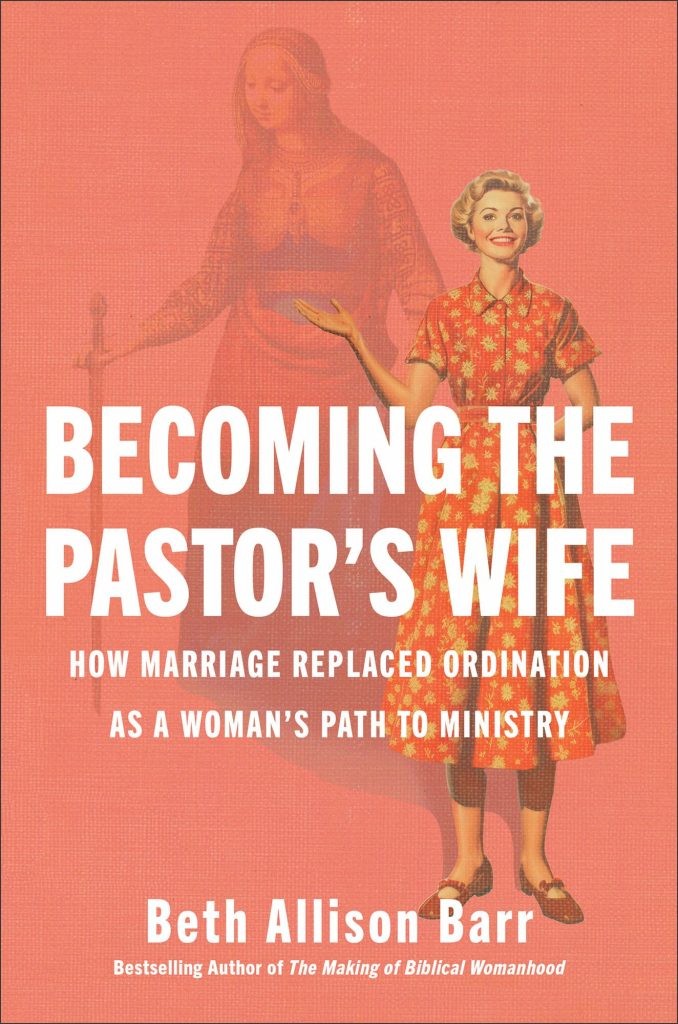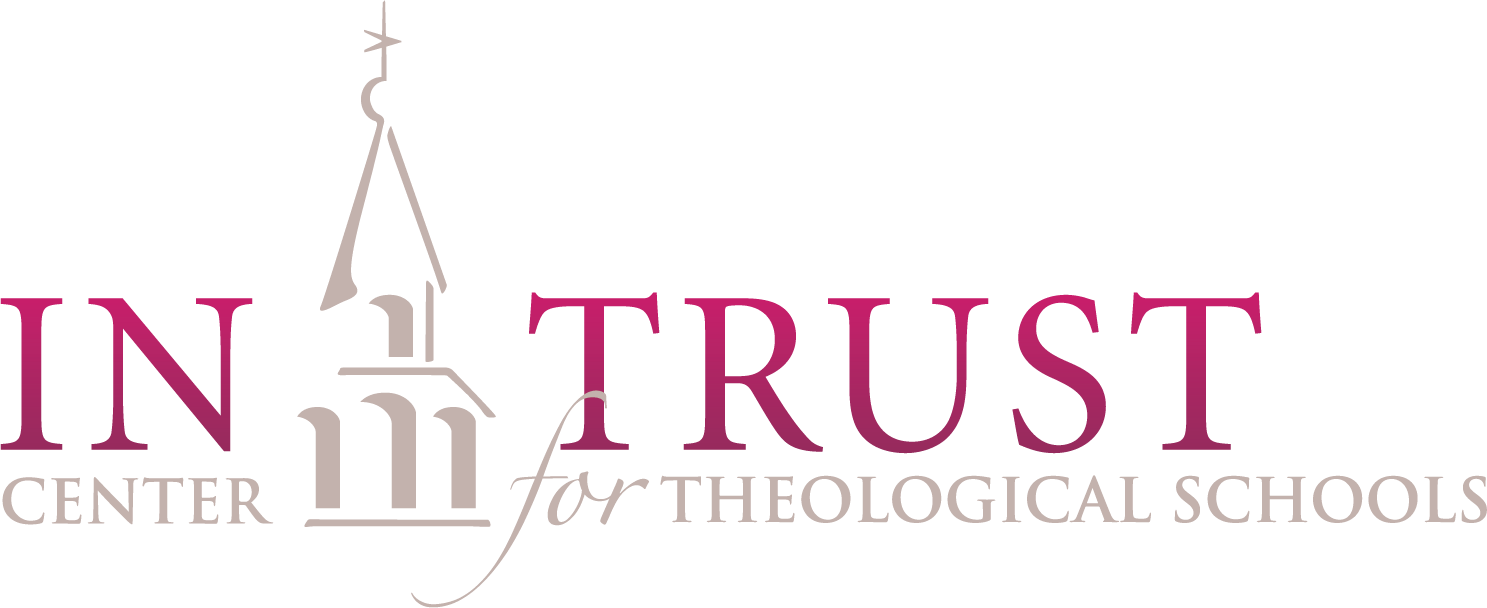Aristotle famously described a good story as one in which the hearers can’t guess the outcome in advance, but when it’s over, they look back and see that it couldn’t have ended so beautifully any other way.
I wonder if it’s the same with the right public gesture from those in leadership?
Recently I made the wrong move over one of those gestures that’s both trivial and hugely important. We had a Thanksgiving meal for our church and community for which volunteers worked hard, especially the volunteer leader and overall kitchen captain. Unbeknownst to me, the pastor at our church has traditionally stood before such meals and thanked the person leading the kitchen brigade before we applaud all the volunteers.
Me? I was in a meeting, and figured I could wander over and still find some food. The occasion called for a public acknowledgement and opportunity for everyone gathered to give thanks. But I was thinking about what I had to get finished (the meeting) and what I would eat (slightly colder food, but no bother). What I should have been thinking about was what the community needed from me.
There was no fallout at all from this -- someone suggested to me later I should thank the cook in public, I felt badly, but the cook did not. I noted to others it would have been helpful to know this was one of my pastoral duties before it was too late!
But that’s the point isn’t it? A leader should know, intuitively, something so basic as thanking someone who’s done a huge amount of work on behalf of others. G.K. Chesterton says somewhere that it is only because our mothers taught us to say “thank you” for a bun that we ever learn to say “thank you” to God for creation and redemption. I shouldn’t have needed someone to point out to me, “Um, hey, could you say thanks for us?”
What is the right public gesture to make and how do we know before it’s too late?
I’ve thought further about this question in light of Duke basketball coach Mike Krzyzewski’s public gesture after his record-breaking 903rd career victory. Duke scheduled a bright lights meeting with a marquee opponent in a famous venue (Michigan State in Madison Square Garden). ESPN brought in Bobby Knight to broadcast the game, who is not only a surprisingly genial announcer -- and then-holder of the record 902 victories -- but Krzyzewski’s coach, friend, mentor, occasional rival, and lately, friend. The relationship hasn’t always been rosy. When Duke beat Indiana in the 1991 Final Four, Coach K was reduced to tears when Knight shunned him after (incredibly competitive people don’t do well losing, let alone to former students!).
But the relationship is on again, and Coach K did precisely the right thing: he went over to Knight, hugged him and savored the moment with him before returning to the media, his family and the locker room. I’m a pretty seasoned Duke fan, yet watching the game, hearing Knight, I hadn’t guessed what was coming. I’m betting Knight and ESPN hadn’t either. Yet Coach K did exactly the right gesture: he shook his opposing coach’s and players’ hands like any other game, and then he invited his teacher, whose record he’d just broken, into his joy.
How’d he know how to do it? To make the right public gesture in a way that can’t be guessed by those watching, but, looking back, shouldn’t have been any other way?
I wonder whether for us Christians the eucharist isn’t the place to learn such intuition? I’m privileged to lead a weekly service for a handful of hardy midweek worshipers (Baptists do midweek worship more avidly than us Methodists! I get 700 on a Sunday; 7 on a Wednesday). The eucharist includes all the right gestures: thanksgiving (lift up your hearts!), repentance (we have erred and strayed from thy ways), remembrance (do this as often as you drink of it), revitalization (we offer ourselves as a holy and living sacrifice).
This kind of learning is not automatic. I was presiding weekly when I forgot our beloved cook! But I wonder whether, over time, those gestures don’t add up to a sense of what to do: gather with the hungry, give thanks, receive Jesus, bless others.
It can’t be a bad place to start.







